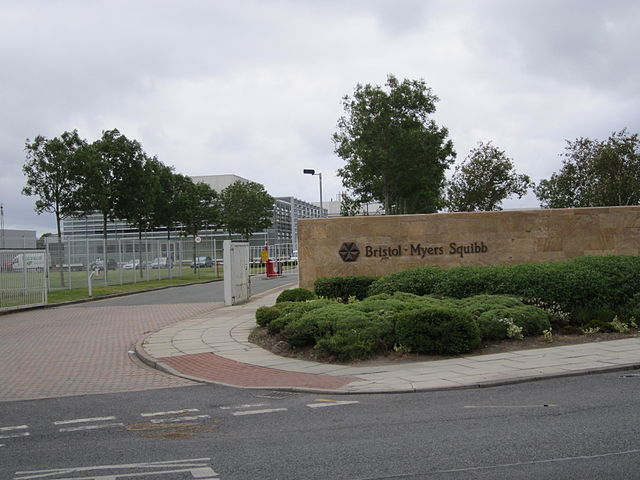Bristol Myers Squibb (BMS) has secured approval from the US Food and Drug Administration (FDA) for Opdivo (nivolumab) 1mg/kg plus Yervoy (ipilimumab) 3 mg/kg to treat patients with hepatocellular carcinoma (HCC) earlier treated with sorafenib.

Bristol Myers Squibb gets FDA nod for Opdivo + Yervoy for the treatment of certain liver cancer patients (Credit: Rept0n1x)
Subscribe to our email newsletter
The FDA accelerated approval was based on Opdivo + Yervoy’s overall response rate and duration of response in the cohort of the phase 1/2 CheckMate -040 trial.
Around 33% of patients responded to treatment with Opdivo + Yervoy in the CheckMate -040 cohort of HCC patients previously treated with sorafenib. Around 8% had a complete response (CR) while 24% had a partial response (PR) in the cohort.
Claimed to be the only dual immunotherapy approved by the FDA in this setting, the Opdivo + Yervoy includes a synergistic mechanism of action that targets two different checkpoints such as PD-1 and CTLA-4 and works in complementary ways.
CheckMate -040 phase 1/2 open-label study is comprised of a cohort of patients with HCC who progressed on or were intolerant to sorafenib and received Opdivo + Yervoy.
The study recruited patients who were PD-L1 expressors and non-expressors. The safety of Opdivo 1mg/kg and Yervoy 3mg/kg has been evaluated in 49 patients.
Opdivo + Yervoy is already designated to treat unresectable or metastatic melanoma, as well as intermediate or poor risk, previously untreated advanced renal cell carcinoma (RCC).
It is also designated to treat adults and paediatric patients 12 years and older with microsatellite instability-high (MSI-H) or mismatch repair deficient (dMMR) metastatic colorectal cancer (CRC) that has progressed following treatment with a fluoropyrimidine, oxaliplatin, and irinotecan.
BMS US oncology, immunology, cardiovascular head and general manager Adam Lenkowsky said: “We recognise there is a critical need to provide patients with aggressive forms of cancer, like HCC, new treatment options that may offer clinically meaningful and ultimately durable responses.
“Today’s announcement builds on our legacy in pioneering immunotherapy treatments and is an important step in our commitment to transforming patients’ lives through science.”
In December 2019, BMS secured breakthrough therapy status from the FDA for its Orencia (abatacept) to prevent moderate to severe acute graft-versus-host disease (GvHD) in hematopoietic stem cell transplants from unrelated donors.
 Advertise With UsAdvertise on our extensive network of industry websites and newsletters.
Advertise With UsAdvertise on our extensive network of industry websites and newsletters.
 Get the PBR newsletterSign up to our free email to get all the latest PBR
news.
Get the PBR newsletterSign up to our free email to get all the latest PBR
news.

